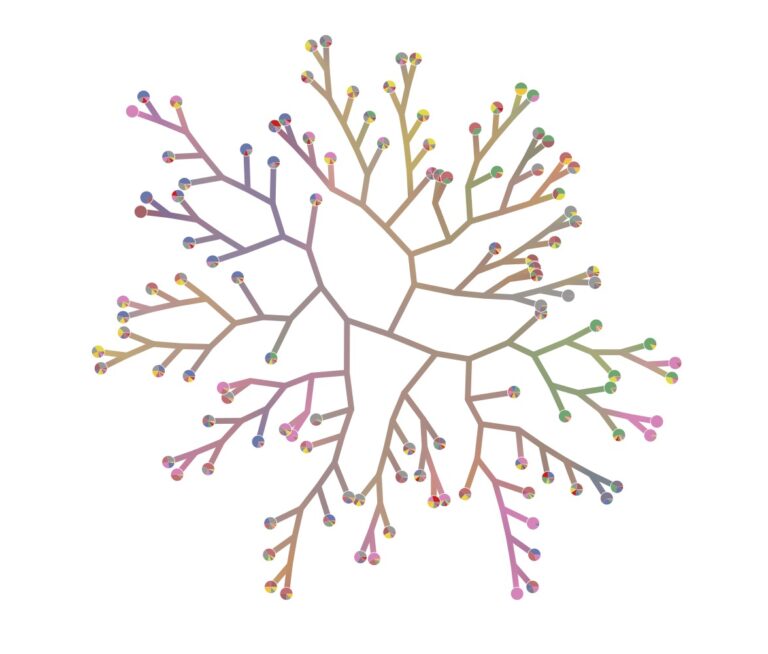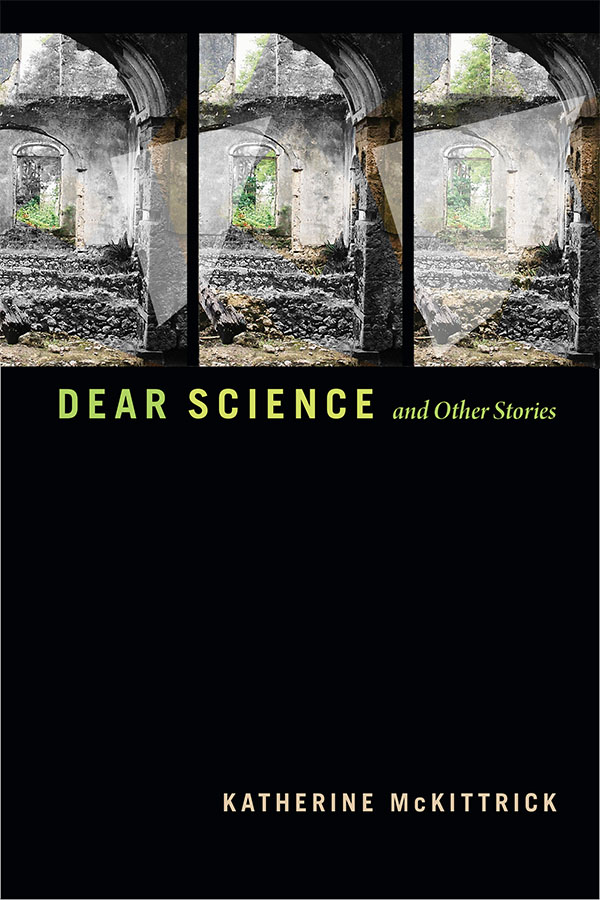This essay provides a cursory sketch of the circulation of science as a fetish object in critical theory—particularly by way of an attention to the conceptual popularity of science studies and various permutations of object oriented ontologies. It does so to identify how and under what terms scientific knowledge becomes a necessary site of interdisciplinary collaboration with the humanities, and challenges how these interdisciplinary trafficks disguise forms of epistemic priority ceded to the (hard) scientific method. Identifying in this movement a disavowal of racism in science’s conceptual repertoire and its ongoing claims to objective facticity, the essay criticizes contemporary recourse to science as the newest frontier in critical theoretical scholarship. In contrast to this, the essay poses a much more skeptical approach to the ethics and methods by which such projects develop and critically circulate.
Keyword: science
Review of Dear Science and Other Stories by Katherine McKittrick (Duke University Press)
With Dear Science and Other Stories, Katherine McKittrick does the work of liberation and enacts new ways of being. Building on her previous studies, this collection engages in a story-sharing, collaborative praxis that emerges from a “black sense of place.” McKittrick’s Black and anti-colonial methodologies are “rebellious,” “relational, intertextual, and interdisciplinary”—thereby “breaching” the “recursive,” “self-replicating” logics of “our present order of knowledge” (44, 2, 23, 163). Dear Science invents, reinvents, and reimagines “being human as praxis” through an aesthetic practice of deciphering theoretical texts, photographs, sounds, dance, and song (159). Illustrating her commitment to Black intellectual life, McKittrick writes, listens, and feels in communion with other creatives. In so doing, McKittrick skillfully bursts open the gatekeeping conventions that limit thought, and challenges readers to question what they think they know.
Review of Measuring Manhood: Race and the Science of Masculinity, 1830–1934 by Melissa N. Stein (University of Minnesota Press)
Melissa N. Stein’s Measuring Manhood tackles the complex intersections of race, gender, sexuality, and their attendant “sciences” across a century of US history. While the burgeoning fields of ethnology and sexology were equally prominent in Europe during this period, her focus on the US specifies the ways in which American “racial scientists” and sexologists differed from their European counterparts, as their research was often used to justify or bolster nation-specific cultural norms and legislation. The concept of masculinity was not simply a matter of “manhood” in the narrow sense, but carried with it a glut of other associations: humanity, civilization, citizenship, intelligence, morality, whiteness, cisgender heterosexuality, and middle-class restraint. Stein manages to convey the complexity and reciprocity of these constructions in each chapter with careful argumentation and ample examples.


